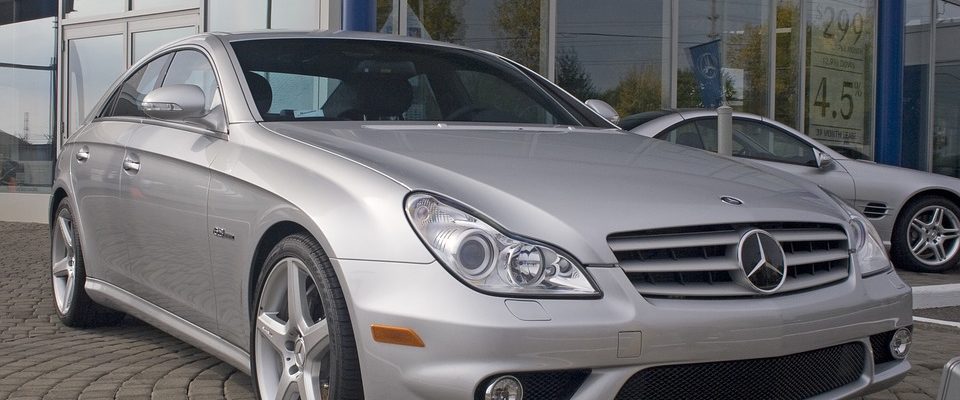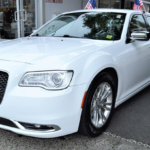by Christopher Boyle
NEW YORK- In today’s cost-conscious society, buying a pre-owned vehicle is a great cost-cutting move that allows someone to get behind the wheel of a quality automobile for a fraction of the price of a new one. After all, the value of a new car drops considerably the moment you drive it off the lot for the first time, and by choosing one that already has some mileage on the odometer – while doing your homework beforehand to make sure you’re getting a make and model that will best serve your needs – you’re spared the initial drop in value while still in possession of a quality, cutting-edge ride.
However, getting the right used car can be a trying, difficult process if you don’t know what you’re doing. Typically, a buyer can obtain a used car in one of three main fashions, each of which will be detailed below.
First, they can go to a dealership, which ranges from small, independent, mom-and-pop affairs with a small inventory and hands-on service to large franchise dealers with inventory that literally runs into the hundreds, where you’ll deal with an endless sea of salesmen, finance officers, managers, and the like. Most smaller lots tend to deal exclusively with used cars, whereas many of the larger ones gravitate more towards new car sales, although many will also feature a selection of pre-owned vehicles as well. The advantage of going with a dealership, large or small, is that they generally inspect and/or fix up the vehicles they sell and offer guarantees, warranties, and accident history reports, providing buyers with a reasonable degree of safety in case anything goes wrong.
Second, you can wade through classified ads and websites like Craigslist and strike up a deal with a private seller that is usually attempting to sell their own personal mode of transportation in order to get a greater return on it than they would if they simply traded it in. Some private owners have histories of maintaining their cars well and keeping them in pristine running condition; others do not, and this is the vehicular minefield that you, as a buyer, will have to navigate if you attempt to purchase a car in this manner. Make sure you either know your business when it comes to the mechanical aspects of the car you’re interested in, or find a friend who does so they can give it a good look-over before you commit. It’s vital to make sure there are no major issues with a privately-owned used car, as they normally do not come with the same warranties as one from an established dealership would.
And finally, you can take your chances and purchase a vehicle an auction. This is the cheapest option, but it’s also the one the presents the most risk, as vehicles at auctions are sold as-is and available information about their maintenance and accident history are usually nil; when you buy at an auction, you’re normally buying blind, and this option should only be taken by experienced automotive professionals who can give any car they’re interested in a good once-over in short order to see if any glaring issues leap out at them. Novices should absolutely stay away.
When you purchase a used vehicle at a dealership, often you’re hear the phrase “certified pre-owned” or “CPO” brandished about; this indicates that the car in question has a series of comprehensive reports chronicling its history, including any accidents it may have been in, any mechanical repairs it may have undergone, body work, or any cosmetic upgrades such as paintwork or the installation of after-market parts. In addition, restorative steps have been taken to return the vehicle in question to as close to “new” condition as possible, giving a buyer some degree of security that they normally wouldn’t have with a non-certified car.
Programs that can declare a vehicle as “certified” can be done either by the Original Equipment Manufacturer (OEM) or a third-party company; either way, the process is not free, and when a dealer’s costs go up, so do the buyer’s, as the cost of certification is added to the sticker price of the vehicle.
OEM-backed certifications uniformly include such criteria as a thorough, top-to-bottom vehicle inspection; a comprehensive vehicle history report; replacement of any damaged or worn parts; detail work such as washing the exterior and vacuuming and cleaning the interior; and an extended warranty, which gives a buyer an extra safety net against any potential mechanical mishaps in the near-future. OEM certification also usually provides some degree of roadside assistance for a limited amount of time; some programs will also provide additional amenities such as vehicle exchange deals, financing assistance, and GPS or satellite radio service.
So, if you’re the type who skips to the end of an article right away, the answer is yes- often, paying a few bucks extra for a certified pre-owned vehicle is worth it, but much like anything else when it comes to buying used cars, it pays to research and know for sure what you’re getting into. After all, not all certifications are worth the paper they’re printed on.
Make sure you get a clear definition of what exactly you’ll be getting in any certification deal, including a detailed listing of everything the OEM or third-party company has checked, repaired or replaced. In addition, make sure that a comprehensive warranty is offered, and that the overall process is worth the extra money you’re going to be sinking into it. OEM certification programs are typically more reliable than third-party ones, so if you have the choice, that’s the route you should take.
Once you have all that ironed out and have found your ideal, certified pre-owned car, it should be smooth sailing from there; if not, at least you’ll have the ample protection you need to get up and running once again with a minimum of muss and fuss.




